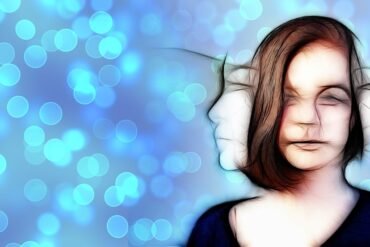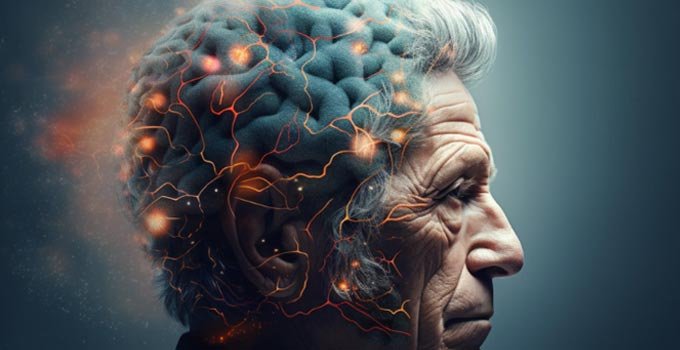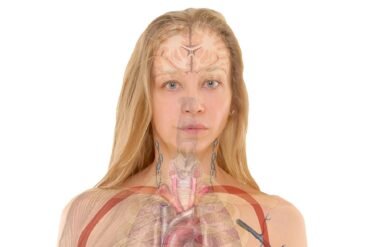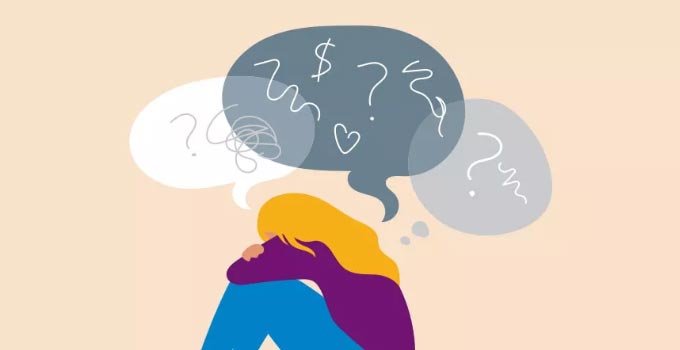Addressing Hair Loss: Causes and Treatment Options
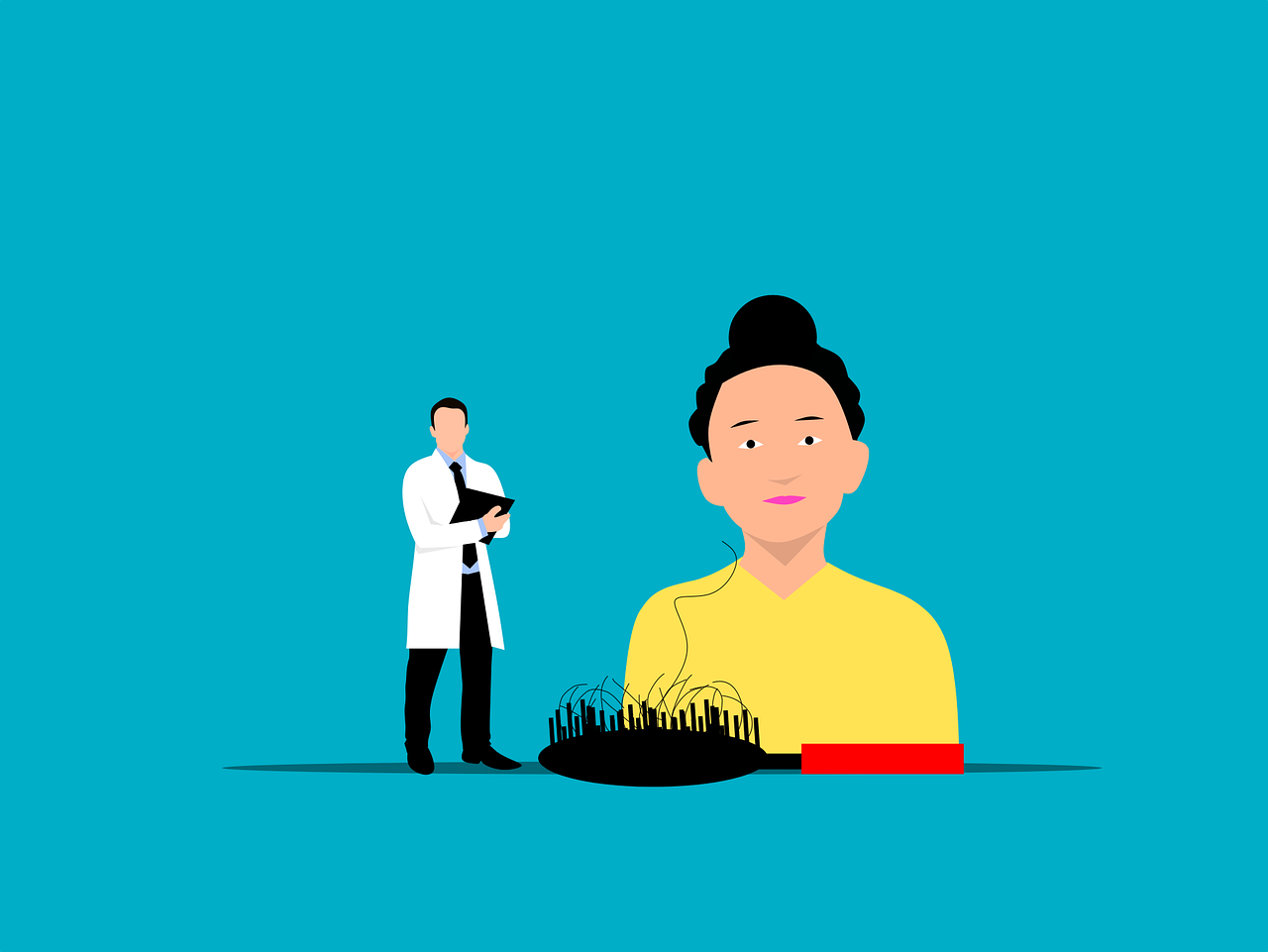
Table of Contents
Understanding Hair Loss: An Overview
Hair loss, medically known as alopecia, is a common condition that affects both men and women. While it is normal to lose some hair on a daily basis, excessive hair loss can be distressing and may indicate an underlying problem.
There are several factors that can contribute to hair loss, including genetics, hormonal changes, medical conditions, medications, and lifestyle factors. Understanding the causes of hair loss is essential in finding the most appropriate treatment options. Here are some of the common causes:
- Genetics: The most common cause of hair loss is hereditary, also known as male or female pattern baldness. This type of hair loss is a natural part of aging and is more common in men.
- Hormonal Changes: Hormonal imbalances, such as those experienced during pregnancy, menopause, or thyroid disorders, can lead to temporary or permanent hair loss.
- Medical Conditions: Certain medical conditions, such as alopecia areata, scalp infections, and autoimmune diseases, can cause hair loss. In some cases, hair growth may resume once the underlying condition is treated.
- Medications: Certain medications, including those used for cancer treatment, high blood pressure, and depression, can cause hair loss as a side effect. Hair often regrows once the medication is discontinued.
- Lifestyle Factors: Poor nutrition, extreme weight loss, stress, and excessive hairstyling practices can contribute to hair loss.
When it comes to treating hair loss, there are various options available. The most suitable treatment depends on the cause and severity of the hair loss. Here are some common treatment options:
- Medications: Medications such as minoxidil and finasteride are commonly used to treat hair loss. These medications can slow down hair loss and promote regrowth.
- Hair Transplantation: Hair transplant surgery involves taking hair follicles from areas of the scalp with healthy hair growth and implanting them into areas with thinning or balding hair.
- Low-Level Laser Therapy (LLLT): LLLT involves using red light therapy to stimulate hair growth and improve the overall health of the scalp.
- Topical Treatments: Topical treatments, such as shampoos, conditioners, and serums, can help improve the condition of the scalp and promote hair growth.
- Lifestyle Changes: Making certain lifestyle changes, such as eating a balanced diet, managing stress levels, and avoiding harsh hairstyling practices, can greatly improve hair health.
If you are experiencing hair loss, it is important to consult with a healthcare professional or a dermatologist to determine the underlying cause and explore suitable treatment options. Remember, early intervention is often key to successful hair loss management.
Genetic Factors and Hair Loss
Genetic factors play a significant role in hair loss, with certain genes being responsible for the predisposition to baldness. The most common form of hair loss, known as androgenetic alopecia, is influenced by these genetic factors. This condition affects both men and women, although it is more commonly seen in men.
Androgenetic alopecia is caused by the hormone dihydrotestosterone (DHT), which is derived from testosterone. The genes responsible for this condition affect the hair follicles, making them more sensitive to DHT. This sensitivity leads to a gradual shrinking of the hair follicles, resulting in thinner and shorter hair strands. Over time, the affected follicles may stop producing new hair altogether.
It is important to note that not everyone with a genetic predisposition to hair loss will experience significant thinning or baldness. Other factors, such as age, hormones, and overall health, can also contribute to the severity and progression of hair loss.
Treatment options for genetic hair loss aim to slow down the progression of hair thinning and stimulate new hair growth. While it is not possible to alter one’s genetic makeup, there are strategies that can help manage the condition:
- Medications: FDA-approved medications such as minoxidil and finasteride can help slow down hair loss and promote hair regrowth.
- Low-level laser therapy: This non-invasive treatment method uses red light to stimulate hair follicles and improve hair growth.
- Hair transplant surgery: In cases of advanced hair loss, hair transplant surgery can be an effective option to restore hair density by transplanting healthy hair follicles from one area of the scalp to another.
- Scalp micropigmentation: This technique involves tattooing the scalp to create the illusion of hair and can be a viable option for those who prefer a non-surgical approach.
It is essential to consult with a healthcare professional specializing in hair loss to determine the most suitable treatment plan based on individual needs and goals. While genetic factors may contribute to hair loss, advancements in treatment options provide hope for those seeking to address and manage this common condition.
Lifestyle and Hair Loss
When it comes to hair loss, there are various factors that can contribute to the condition. While genetics and age are often the primary culprits, lifestyle choices can also play a significant role in hair loss. Understanding the impact of lifestyle on hair health is crucial for addressing and managing this issue effectively.
Here are some lifestyle factors that can contribute to hair loss:
- Poor nutrition: A diet lacking in essential nutrients, such as vitamins and minerals, can weaken hair follicles and result in hair loss. It is important to maintain a balanced diet rich in proteins, vitamins (particularly B vitamins), and minerals like iron and zinc to promote healthy hair growth.
- Stress: Excessive stress can disrupt the natural hair growth cycle, leading to hair loss. Finding effective stress management techniques, such as exercise, meditation, or therapy, can help mitigate its impact on hair health.
- Smoking: Smoking restricts blood flow to the hair follicles, depriving them of essential nutrients and oxygen. This can lead to weakened hair roots and, eventually, hair loss. Quitting smoking can improve overall hair health and prevent further loss.
- Hairstyling practices: Excessive heat, chemical treatments, and tight hairstyles like ponytails or braids can damage the hair shaft and contribute to hair loss. Limiting the use of heated styling tools and opting for gentle hairstyling practices can help reduce hair damage and breakage.
- Overwashing and harsh products: Frequent washing with harsh shampoos or using products containing chemicals can strip the hair of its natural oils, leading to dryness and breakage. It is important to use mild, sulfate-free shampoos and conditioners and avoid overwashing to maintain healthy hair.
While lifestyle changes can help improve hair health, it is essential to consult with a healthcare professional or dermatologist for a proper diagnosis and treatment plan. They can provide personalized advice and recommend medical interventions, such as topical treatments or medications, if necessary.
By adopting a healthy lifestyle and incorporating hair-friendly practices, individuals can effectively address hair loss and promote overall hair health.
Medical Conditions and Hair Loss
Hair loss can be caused by various medical conditions. Understanding the underlying causes is crucial in determining an appropriate treatment plan. Here are some common medical conditions that can contribute to hair loss:
- Alopecia Areata: This autoimmune condition causes the immune system to mistakenly attack hair follicles, resulting in hair loss in patches.
- Thyroid Disorders: Both hypothyroidism and hyperthyroidism can disrupt the normal hair growth cycle, leading to hair thinning and loss.
- Scalp Infections: Fungal or bacterial infections of the scalp, such as ringworm, can cause hair follicles to become inflamed and weaken, resulting in hair loss.
- Trichotillomania: This psychological disorder involves the compulsive urge to pull out one’s hair, which can lead to significant hair loss if left untreated.
- Iron Deficiency Anemia: Insufficient iron levels in the body can affect the hair’s ability to grow, leading to hair thinning and eventual loss.
- Lupus: This chronic autoimmune disease can cause inflammation and damage to the hair follicles, resulting in hair loss.
It is important to consult with a healthcare professional or dermatologist if you suspect that a medical condition may be causing your hair loss. They can diagnose the underlying condition and recommend appropriate treatment options. Treatment for medical-related hair loss may involve managing the underlying condition, medication, or other targeted therapies.
Additionally, maintaining a healthy lifestyle can help support hair growth. Eating a balanced diet, exercising regularly, and managing stress levels can all contribute to maintaining healthy hair.
Remember, each individual’s experience with hair loss may vary, and it is important to seek professional advice for an accurate diagnosis and personalized treatment plan.
Treatment Options for Hair Loss
Hair loss can be a distressing condition, but the good news is that there are several treatment options available. The choice of treatment depends on the underlying cause of hair loss, extent of hair loss, and individual preferences. Here are some effective treatment options to address hair loss:
- Medications: Prescription medications such as minoxidil and finasteride are commonly used to treat hair loss. Minoxidil is applied topically and helps to stimulate hair growth, while finasteride is taken orally and helps to block the hormone responsible for hair loss.
- Platelet-rich plasma (PRP) therapy: PRP therapy involves injecting a concentrated solution of the patient’s own platelets into the scalp. This stimulates hair growth and can be an effective treatment option for certain types of hair loss.
- Hair transplant surgery: Hair transplant surgery involves removing hair follicles from one part of the body (usually the back or sides of the scalp) and transplanting them to the balding areas. This procedure can provide permanent hair restoration for individuals with significant hair loss.
- Laser therapy: Low-level laser therapy (LLLT) can help stimulate hair growth in individuals with certain types of hair loss. This non-invasive treatment option involves using a laser device or comb to expose the scalp to low levels of laser light.
- Nutritional supplements: Certain nutritional deficiencies can contribute to hair loss. Taking supplements that contain essential vitamins and minerals like biotin, zinc, and vitamin D can help improve hair health and promote regrowth.
- Lifestyle changes: Adopting a healthy lifestyle can have a positive impact on hair health. Eating a balanced diet, managing stress levels, getting regular exercise, and avoiding harsh hair treatments can help prevent further hair loss.
It is important to consult with a healthcare professional or a qualified hair loss specialist to determine the most appropriate treatment option based on individual circumstances. They can provide a comprehensive evaluation and recommend the best course of action to address hair loss effectively.















